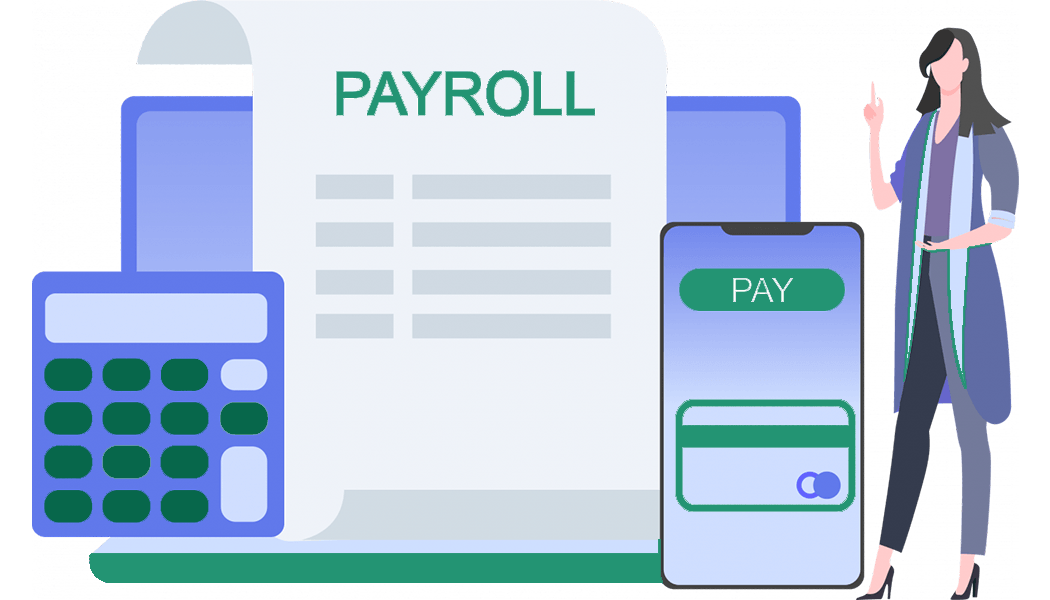Payroll system is slightly different from HR System. Payroll is a process by which the employee of organization receives their salaries. For this system deals with the functions that involves balancing and integration of payroll data. It also includes depositing & reporting of payroll system information. Payroll system also takes care of wages generation, deductions and employee record keeping processes.
- Timesheet Entry – A payroll system must be flexible, allowing seamless integration with third-party timesheet software. Timesheet software is required to report and track equipment and materials while enabling the collection of crew, job and employee information.
- Job Cost and General Ledger Integration – Contractors manage job costs by integrating payroll data with general ledger and job cost accounting modules. Payroll software has to automatically track the labor costs related to a specific job and determine the net profit of a job.
- Certified Payroll – To generate certified payroll reports such as prevailing wage and a statement of compliance, employees’ fringe benefits needs to be allocated and accrued.
- Date-sensitive/historical Reporting – The ability to pull data from any time period to create job history reports is important for doing internal and external audits or for employee and job analysis.
- Standard Payroll Reports – In construction, payroll software must be able to automatically create pre-check minority compliance, certified payroll, and federal and payroll tax reports.
- Security Controls – Security features are essential to protecting confidential salary information. Basic security features such as controlling user access and tracking user activity can become very useful to any organization.
- Direct Deposit – Many payroll software products produce a file that can be sent to the bank or uploaded on the bank’s website. A direct deposit is convenient for employees and is a contractor’s cost efficient and low risk means of payment.




